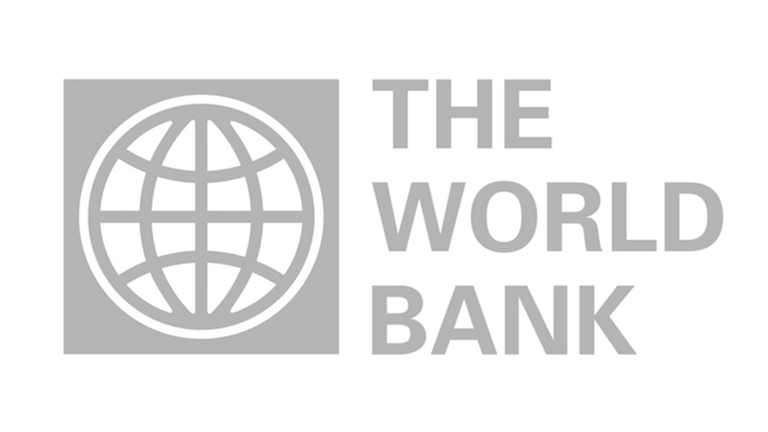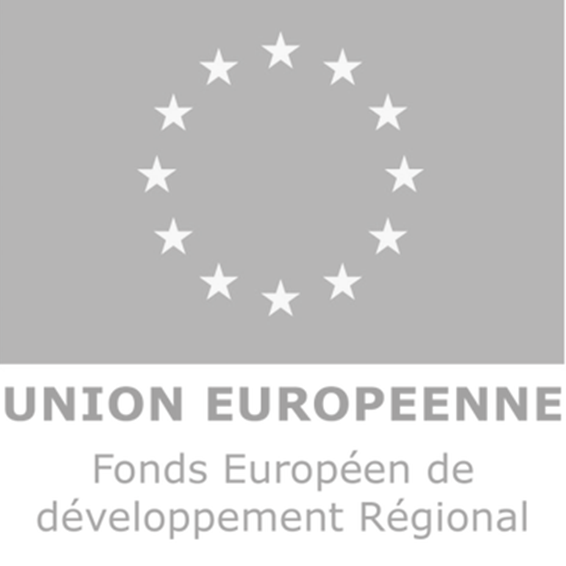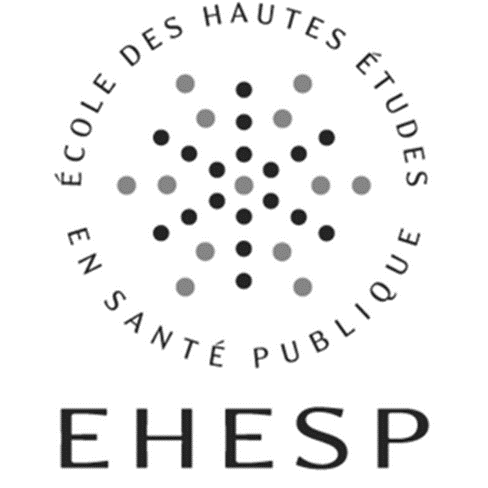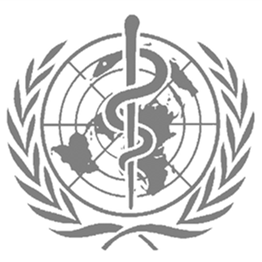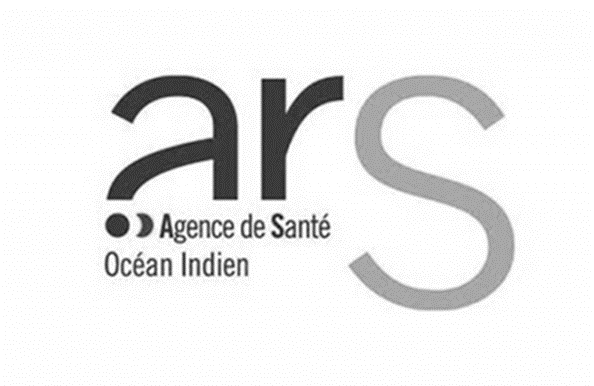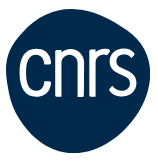PROJECTS
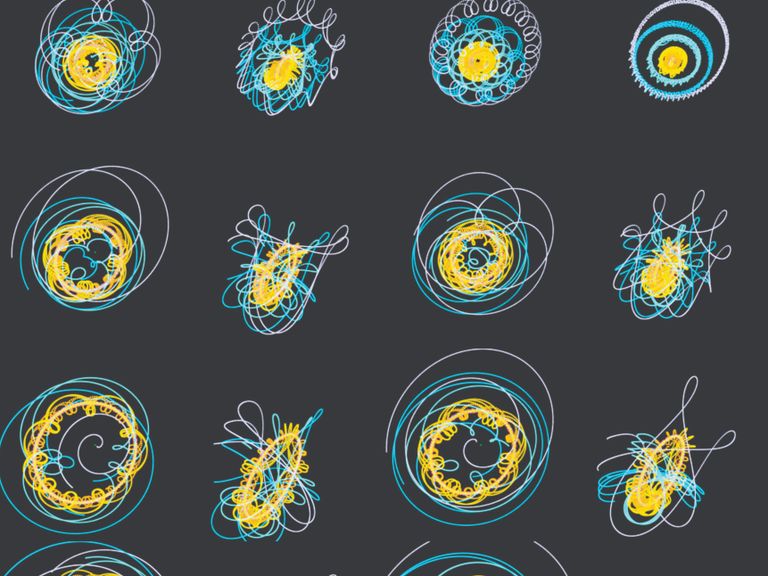
Chair in Health Economics
Meeting the challenges of the health transition
POPULATION HEALTH
Better understand the determinants of population health, such as the epidemiological, environmental, social and economic context.
MODELLING
Based on a local understanding of phenomena, it will strive to find solutions that can be generalized, using economic epidemiology and behavioral models.

How can we improve disease prevention and control? What conditions and behaviors determine a population's state of health? Can these conditions be modified by social, educational and planning policies? These are the questions and challenges of the health transition, a priority for the experimental public institution "Université de Rennes", to which the chair will respond.
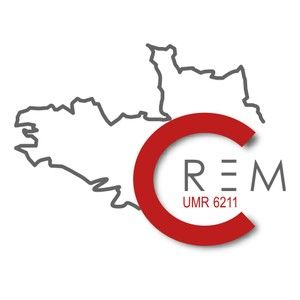
PUBLIC POLICIES
Contribute to the development and evaluation of health policies to improve the well-being of populations using (quasi-)experiments.
HEALTH
BEHAVIORS
Improve the well-being of populations, taking into account individual behaviors and living conditions through experiments.
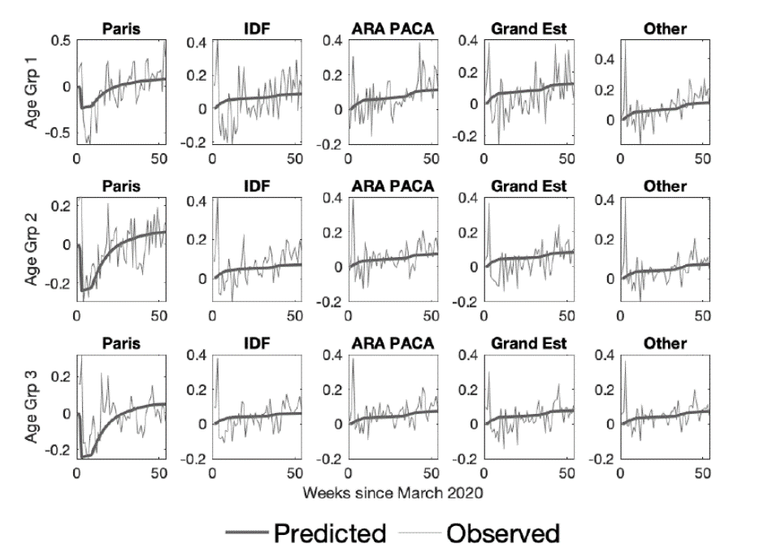
ANR Ecovid-19 (2020-2023)
The ECOVID-19 project aims at a cost-efficiency analysis of public policies implemented during the epidemic, thanks to the construction of a theoretical model of disease diffusion, taking into account individual behavior. This economic epidemiology model takes into account the decisions and choices of individuals. Particular attention is paid to the uncertainty and private costs at the heart of the crisis and to the endogenous behaviors of individuals, in particular those of asymptomatic. The whole model is then calibrated and compared to real data on the French case.
Since 2020
Working Group & IRN E3E
The varying responses by different nations to Covid-19 underscore the need for interdisciplinary collaborations that bring together epidemiology, ecology, and economics to better understand epidemic dynamics and to inform related policy. We are a group of researchers in economics, ecological epidemiology, public and global health, mathematics and applied mathematics, epidemiology, demographic dynamics, with a strong record on theory, models and tests for the population dynamics of infectious diseases. The group includes amongst others A Dobson, R Boucekkine, F Gozzi, M Pascual, T Loch-Temzelides, J Adda, G Fabbri, and C Ricci. Our aim is to develop the new generations of epi-ecology-economics (E3E) models in ways that allow general and specific insights to emerge for different types of emergent pathogens. Since 2025, the group is labelled by CNRS as an International Research Network.
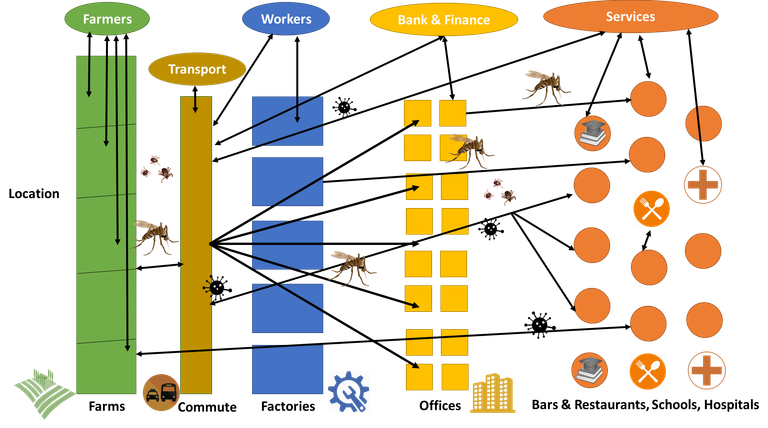
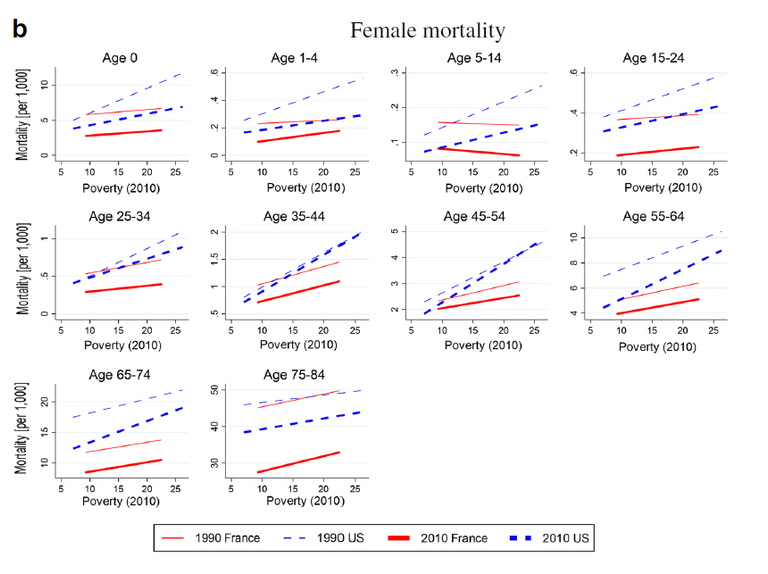
Mortality, inequality, economic activity and social policies (since 2014)
We develop methods for comparing levels and trends in mortality and inequality in mortality in different areas and over time in a similar framework. We also look at the effect of other factors such as economic activity, infectious diseases, and public policies on mortality. The comparisons highlight the fact that despite the strong cross-sectional relationship between income and health, there is no necessary connection between changes in income inequality and changes in health inequality. Social policies matter.
The economics of malaria and arboviral diseases
We worked on several projects on the economic and human capital effects of malaria in the field (with Prof. Ogobara Doumbo) and with secondary survey data. We also undertook large-scale evaluations and modelling of the design of policies to control malaria, chikungunya and dengue with concrete results. We organized a workshop on health assistance at the Global Fund's 2019 replenishment conference for HIV, TB and malaria. In 2022, WHO Global Malaria Programme has officially recommended IPT in schoolchildren.
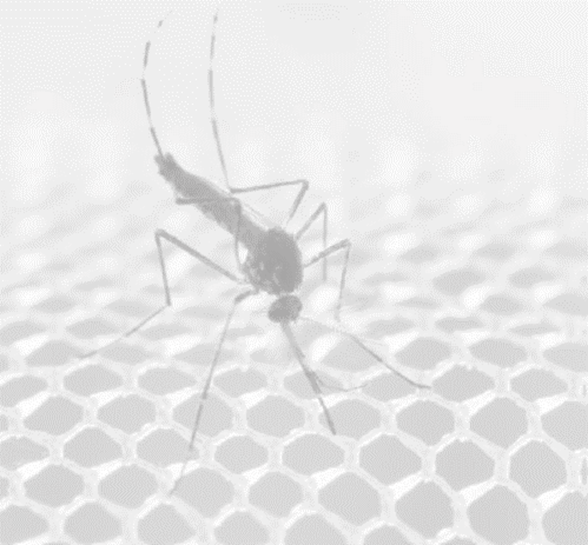
Since
2006
Other and former grants


